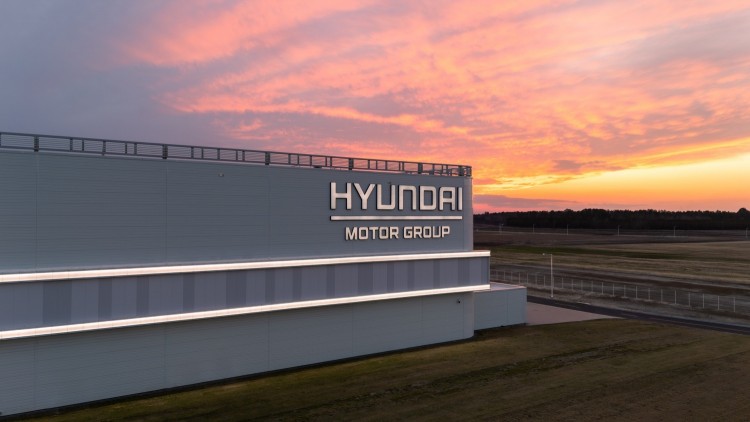South Korea and U.S. Explore New Visa Category for Korean Workers After Georgia Plant Raid

The fallout from last week's immigration raid at a Hyundai-LG battery plant in Georgia continues to ripple through diplomatic and business circles. More than 300 South Korean workers were among the 475 people detained, exposing weaknesses in existing visa practices and prompting Seoul and Washington to discuss a new visa category designed specifically for Korean technical staff.
Foreign Minister Cho Hyun met U.S. Secretary of State Marco Rubio in Washington this week, pressing for assurances that those who departed voluntarily would not face re-entry bans. He also pushed for a visa route tailored to large construction and technology projects, saying current rules don't match the scale of work. Many Korean engineers in the U.S. have been relying on B-1 business visas or even the visa waiver system, which were never meant for long-term assignments. That gap has left workers exposed whenever enforcement priorities change.
U.S. reports have been blunt, saying the warning signs were visible well before the Georgia raid. Articles in business sections noted that Korean firms kept relying on short-term visas and stopgap measures even after concerns were raised, and that only now—under political pressure—are structural fixes being discussed.
Reaction at home has not been uniform. Some newspapers framed the talks as a long-overdue safeguard for Koreans working abroad. Others ran editorials accusing both governments of moving only after hundreds of workers had already been detained. On social media, one widely shared comment read, "Better late than never, but what happens next "time?"—capturing both relief and distrust in the same breath.
Analysts say the case has implications far beyond one factory site. America's push to grow its own battery and semiconductor supply chains still relies heavily on foreign capital and skilled workers. If a new visa is created, it would give Korean companies clearer rules for sending staff to the U.S. and could set an example for other industries facing similar labor shortages. The outcome, they add, will likely influence not just Hyundai and LG, but also broader debates over how immigration and industrial policy intersect.



